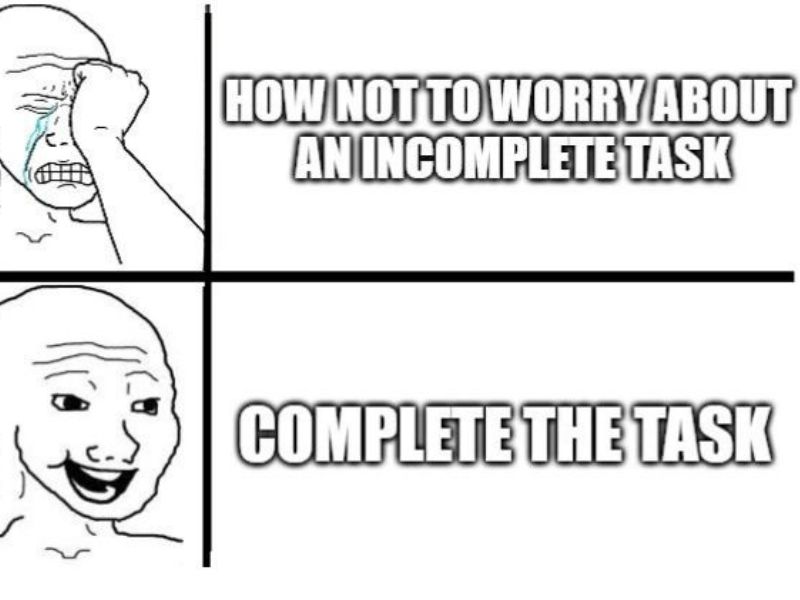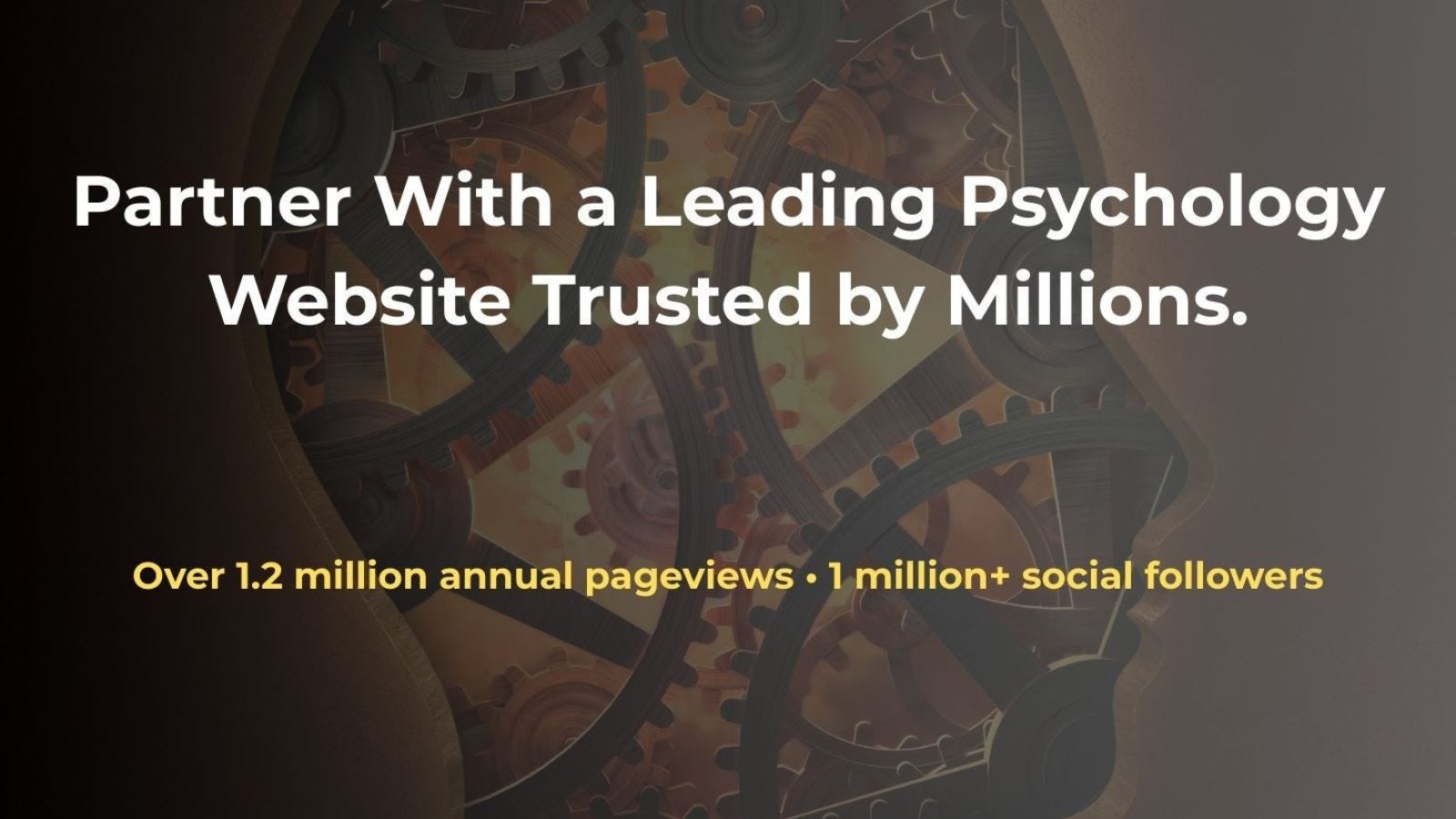The Zeigarnik Effect: Why Unfinished Tasks Stay on Your Mind

David Webb (Founder and Editor of All-About-Psychology.com)
We all know the feeling of something unfinished. The unanswered email. The half-written report. The TV show that ends on a cliff-hanger that you can’t stop thinking about until the next episode. Psychologically, that lingering sense of incompletion is known as the Zeigarnik Effect.
Put simply, our brains give unfinished or interrupted tasks special status. They stay active, feel urgent, and are easier to recall than things we’ve already completed. As psychology legend William James once observed, there is “nothing so fatiguing as the eternal hanging on of an uncompleted task.”
In this article, I’ll explore what the Zeigarnik Effect is, how it was discovered, why it matters, and how understanding it can improve learning, productivity, and focus. Along the way, I’ll highlight real-world examples that demonstrate how this “mental itch” shapes our behavior.
A Waiter, a Psychologist, and a Moment of Curiosity

The origin story of the Zeigarnik Effect begins in a bustling Vienna café in the 1920s. As the young Lithuanian psychologist Bluma Zeigarnik sat with friends, she became intrigued by the waiters moving briskly between tables, balancing plates and requests for service with effortless precision. They seemed to recall every detail of ongoing food and drink orders without writing anything down. Yet once a table settled the bill, that perfect recall vanished. Orders that had moments earlier been clear in the waiters’ minds were now gone. This curious observation left Zeigarnik wondering why unfinished business seemed to stay alive in memory while completed tasks faded away.
Back in her laboratory, she decided to find out. Zeigarnik set out to answer a precise question: “What is the relation between the status in memory of an activity which has been interrupted before it could be completed and of one which has not been interrupted?” To answer this question, she designed a series of experiments where participants were asked to perform simple tasks such as solving puzzles, making clay figures, or folding paper boxes. Some tasks were allowed to run their course, while others were deliberately interrupted. Later, when participants were asked to recall what they had done, they remembered the interrupted tasks far more vividly than the completed ones.
Zeigarnik published her findings in 1927 under the title Das Behalten erledigter und unerledigter Handlungen (The Retention of Completed and Uncompleted Actions). An English translation, On Finished and Unfinished Tasks, later appeared in A Source Book of Gestalt Psychology (1938).
Why Your Brain Won’t Let Go of Unfinished Business
Zeigarnik’s experiments revealed something profound about how the mind works. Once we begin a task, our brain opens a kind of mental file for it. This file stays active until the task is completed, creating what Zeigarnik called a “quasi-need”: a psychological tension that keeps the unfinished work at the front of our minds.
This tension serves an important purpose. It helps us stay motivated to finish what we start. By holding incomplete goals in working memory, the brain ensures we don’t lose sight of them. In everyday terms, it is what keeps you thinking about the email you still need to send, the project you haven’t wrapped up, or the TV show that ended on a cliff-hanger.
When the goal is finally achieved, the tension is released. The mental file closes, and the brain moves on. But until that moment, the unfinished task continues to occupy valuable mental space. This explains why it can be so hard to relax when things are left undone, and why unfinished business nags at the mind.

Zeigarnik’s insight was later supported by research which showed that this process is cognitive in nature. Unfinished tasks were found to trigger greater mental accessibility, meaning that related thoughts and memories are more easily retrieved. This makes it easier to pick up where we left off, but it can also lead to rumination when too many tasks remain unresolved.
The Zeigarnik Effect shows that our brains are built for completion. The same mechanism that drives us to finish a crossword puzzle or return to a paused task can also overwhelm us when our mental to-do list grows too long.
Why It Matters: The Everyday Power of the Unfinished
The Zeigarnik Effect is not just a quirk of memory; it is one of the mind’s key motivational systems. It explains why certain thoughts keep resurfacing until a task is done and why completion feels so satisfying. This tendency can work for or against us, depending on how we manage it.
In daily life, the effect shows up everywhere. It keeps you thinking about an unanswered email, reminds you to return to an abandoned project, and draws you back to a story left unresolved. The same mechanism that helps you stay on track can also drain focus if too many unfinished tasks pile up.
Understanding this mental process is valuable because it helps explain both motivation and mental fatigue. When used intentionally, it can drive progress. For instance, simply starting a task creates the tension that prompts you to return to it. This is why beginning is often the hardest but most important step. The mind dislikes loose ends, so once a task is open, it gently nudges you toward closure.
The same principle underpins our attraction to cliff-hangers and curiosity gaps. An unresolved question or an incomplete storyline leaves the brain hanging, eager for resolution. It’s the very reason TV moments like Dallas’s “Who shot J.R.?” gripped millions around the world. I’m old enough to remember the frenzy of speculation before the reveal - headlines, T-shirts, even bets in Las Vegas. That collective obsession perfectly captured the Zeigarnik Effect in action: an unfinished story that refused to leave our minds. You can revisit that iconic moment in this short video.
The Zeigarnik Effect matters because it reveals how the mind turns incompletion into motivation. When understood and managed, it can be used to enhance focus, sustain effort, and even bring order to the mental noise of modern life.
How to Harness the Zeigarnik Effect for Focus and Productivity
Used thoughtfully, the Zeigarnik Effect can become a simple but powerful tool for improving focus, motivation, and follow-through. It helps explain why certain habits and productivity techniques work so well, and how small changes in how you manage tasks can transform your sense of control.
1. Start to Beat Procrastination
One of the easiest ways to use the Zeigarnik Effect is to just begin. When you start a task, even for a few minutes, your brain opens a mental loop and creates a small amount of tension that nudges you to return to it. This is why beginning is so effective against procrastination. The key is to lower the barrier to entry: tell yourself you’ll work on something for five minutes. Once the loop is open, you’ll often find it harder to stop than to continue.
2. Use To-Do Lists to Clear Mental Space
To-do lists don’t just help you remember tasks; they help your brain let go of them. Writing unfinished tasks down externalizes the mental tension that keeps them active in your mind. Research by Roy Baumeister and E.J. Masicampo shows that even making a clear plan for when you’ll complete a task can relieve that tension, freeing your attention for the work you’re doing now. The next time your mind feels overloaded, take five minutes to list what’s unfinished. The act of planning is often enough to quiet the noise.
3. Take Strategic Breaks When Learning
If you’ve ever noticed that ideas click after stepping away from your desk, you’ve experienced the Zeigarnik Effect at work. When you pause in the middle of a task, your brain continues processing in the background. Students who take short, deliberate breaks while studying tend to remember more than those who cram. Structured pauses maintain the helpful tension that keeps material active in memory while preventing burnout.
4. Avoid Opening Too Many Loops
Multitasking may feel productive, but it floods your mind with competing sources of cognitive tension. Each new unfinished task drains attention and adds to stress. A more effective approach is to focus on one task until you reach a natural stopping point or closure, then move on. Fewer open loops mean less mental clutter and a clearer sense of progress.
By understanding how your mind reacts to the unfinished, you can use the Zeigarnik Effect to stay motivated, manage focus, and reduce stress. The key is balance: open just enough loops to create energy, but not so many that your attention fragments.
The Double-Edged Sword: When Unfinished Business Turns Against You
The same mental tension that keeps us focused on what’s unfinished can also become a source of stress. When too many tasks, worries, or loose ends compete for attention, the mind struggles to switch off. Instead of helping us stay organised or motivated, the Zeigarnik Effect can lead to intrusive thoughts, anxiety, and disrupted sleep.
Research has shown that people who juggle multiple unresolved goals often experience a sense of mental overload. Each incomplete task demands attention, creating a constant background hum of unfinished business. The mind’s limited ability to manage several open priorities at once is why multitasking rarely feels satisfying. Every time you move from one half-finished activity to another, you multiply the tension your brain is trying to resolve.
The Zeigarnik Effect also plays a role in rumination. When something goes wrong or remains unresolved, our brains replay it over and over in an attempt to close the gap. That same drive for completion, so helpful in everyday productivity, becomes exhausting when directed at events we can’t change.
The solution is not to eliminate the tension entirely but to manage it. Writing things down, setting clear boundaries between work and rest, and creating closure where possible all help release the mind from its constant cycle of unfinished thoughts. Recognising when your mental energy is spread too thin is the first step toward using this powerful psychological mechanism wisely.
Final Thoughts
The Zeigarnik Effect reveals something essential about how our minds work: we are driven by completion. The pull of unfinished business is not a flaw but a feature of a brain designed to pursue goals and seek resolution. When used wisely, this natural tendency can keep us motivated, improve learning, and sharpen focus. When left unmanaged, it can fuel stress and make true rest feel impossible.
The key is awareness. By understanding why unfinished tasks stay on our minds, we can decide which ones deserve attention and which can be safely let go. Starting something small when motivation is low, writing tasks down to clear mental space, and creating moments of closure each day are simple but powerful ways to work with your mind rather than against it.
Bluma Zeigarnik’s insight, born from a casual observation in a café a century ago, still shapes how we understand memory, focus, and motivation. It reminds us that the mind craves completion, but calm doesn’t come from finishing everything. It comes from choosing what matters, closing the loops that count, and letting the rest go.
🚀 Want to get your brand, book, course, newsletter, podcast or website in front of a highly engaged psychology audience? I can help!
All-About-Psychology.com now offers advertising, sponsorship and content marketing opportunities across one of the web’s most trusted psychology platforms - visited over 1.2 million times a year and followed by over 1 million social media followers.
Whether you're a blogger, author, educator, startup, or organization in the psychology, mental health, or self-help space - this is your chance to leverage the massive reach of the All About Psychology website and social media channels.
🎯 Exclusive placement
🔗 High-authority backlink
👀 A loyal niche audience
Learn more and explore advertising and sponsorship options here: 👉 www.all-about-psychology.com/psychology-advertising.html

Know someone who would be interested in reading
The Zeigarnik Effect: Why Unfinished Tasks Stay on Your Mind.
Share This Page With Them.
Go From "The Zeigarnik Effect: Why Unfinished Tasks Stay on Your Mind" Back To The Home Page
